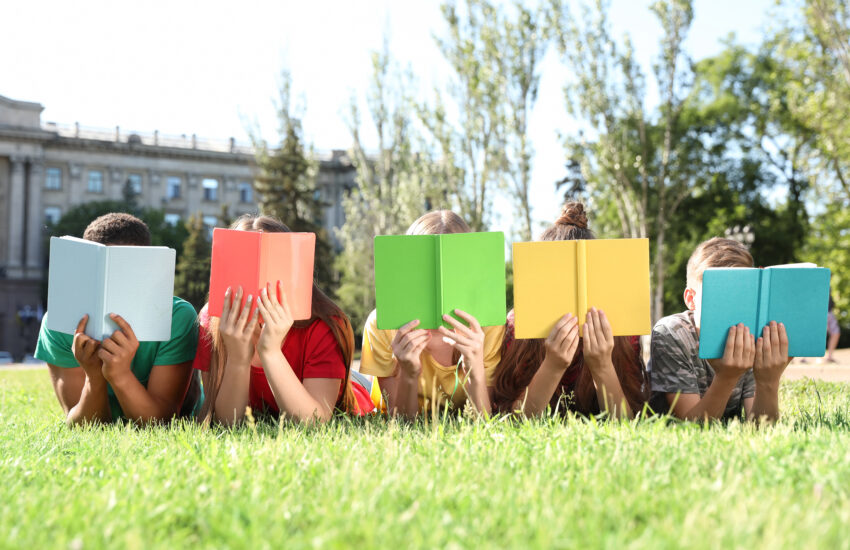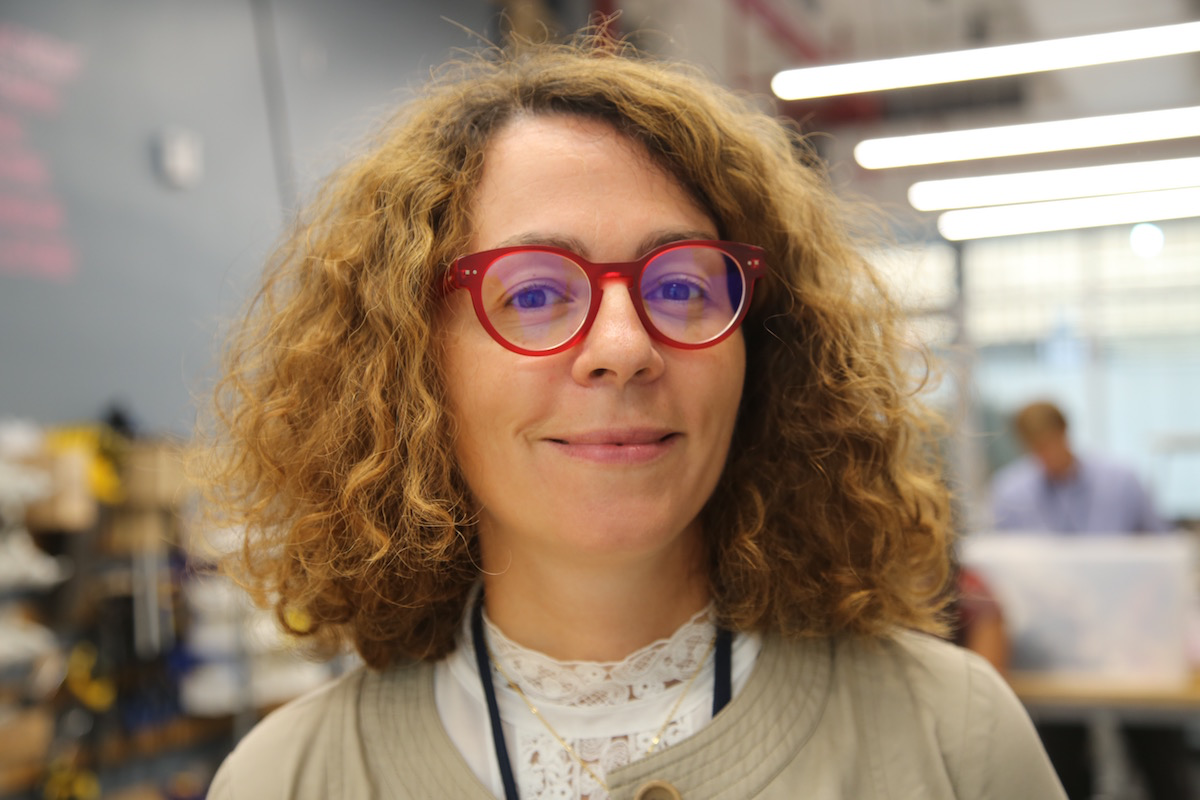Bernadette Robine, Primary teacher, received a yearlong leadership grant from the Lycée to explore the neuroscience of memory and learning. She shares insight from her research on ways to keep your children’s brains active this summer, without homework…
Summer vacation is here–a time that students anticipate for weeks. For parents, the same anxious question always arises: Should I give my child homework to do on their summer vacation? Perhaps what’s really underlying the question is how do I help support the retention of my child’s learning in the long months between the last day of school and the first day of classes each fall !
We all have our own opinions on the matter. Some families think it is important to leave their children alone to go about their days freely all summer, with no constraints. Others want to take advantage of vacation time to have their children revise, to get ahead in a subject or to review certain concepts they may have struggled with the previous year…
What does neuroscience have to tell us?
Educational neuroscientists study teaching strategies and methods in the light of scientific advances in memory, learning and language.
So, what do they have to tell us about making our children do school work during the vacation? Neuroscience studies show that first, only the most recent subjects a student has learned benefit from summer revision, and second, it should be integrated naturally into a child’s everyday life during a break to avoid recreating the school context. In short, students who choose to work during vacation should not work the same way they would during the school year. Regardless, this does not mean that a revision program is absolutely necessary.
How do we best stimulate our children during vacation?
Let’s forget about the terms “work” and “homework” in our daily holiday vocabulary. During the summer, children are fully aware that school is over, and they also need a break from the world of school. Summertime is a moment to rest and to take the time to live in a different rhythm.
A child is naturally curious, and curiosity builds the child’s brain.
- Preparing a recipe can allow them to work on units of measurement, to compare, to count, to use a tool such as a scale. Using correct and precise vocabulary in everyday actions also promotes learning.
- If you have the chance to travel or even explore New York City, you can study the geography, culture and history of your vacation spot or a new neighborhood with your child.
- Observing the nature around you, making a sketchbook, keeping a regular diary of vacation adventures, building a model with recycled objects, playing board games are all opportunities to pick up skills worked on in class.
Should we banish the traditional summer vacation activity book? The answer lies in the forgetting curve…
Practice makes perfect, so the summer could be an opportunity to consolidate the foundations, to refresh the memory by keeping in touch with what has been learned during the year.
Stanislas Dehaene, a professor at the Collège de France and president of the National Education Scientific Council since 2018, explains that our brain has a decreasing forgetting curve. Our brain quickly forgets much of the information received each day (the precise amount of the bill at the restaurant, the faces of people we pass in the street, the order in which we entered the classroom in the morning). To reinforce learning, repetition is necessary. As we learn and experience new things, the connections between neurons are constantly changing. The term brain plasticity or neuro-plasticity describes this capacity of the brain to shape itself according to the history it has lived through. Nothing is ever fixed in our neurons, whatever the age of life.
A vacation notebook can be an interesting way to review concepts worked on during the year without being presented as a chore. Its use should be integrated into the vacation rhythm as much as possible. This ritual should not be too long and the effort should be maintained over a long period. Proceeding with phases of intensive but occasional and sporadic work does not allow memorization and consolidation of knowledge in the long term. It is also important to remember that vacation workbooks are only training methods. They do not help to build the learning of new notions.
What about reading?
Summer is a great moment to promote reading. Children who read during vacation are often good readers. Choosing books that are outside the school context, pleasure reading such as comics, magazines… will be more motivating for children, especially for those who do not like to read. It will also give them the opportunity to escape, to develop their imagination or an interest in new subjects. Children also like to have stories read to them… Why not offer collaborative reading times between you and your child?
Whatever choice you make for your children when it comes to vacation homework, It’s most important to take pressure off your child and to take advantage of this time as a family and build new experiences together.
Bonnes vacances !!
About the Author :
Bernadette has been an Elementary school teacher at the Lycée since 2018, after having taught French at various private schools in New York City. For the 2021-2022 academic year, Bernadette was awarded a Leadership Grant to focus on the applicability of advances in cognitive sciences in the classroom. Her goal is to establish new school-wide practices that allow all students to benefit from progress in neuroscience and pedagogy, while continuing to ensure the best conditions for personalized teaching approaches and ongoing childhood brain development.


